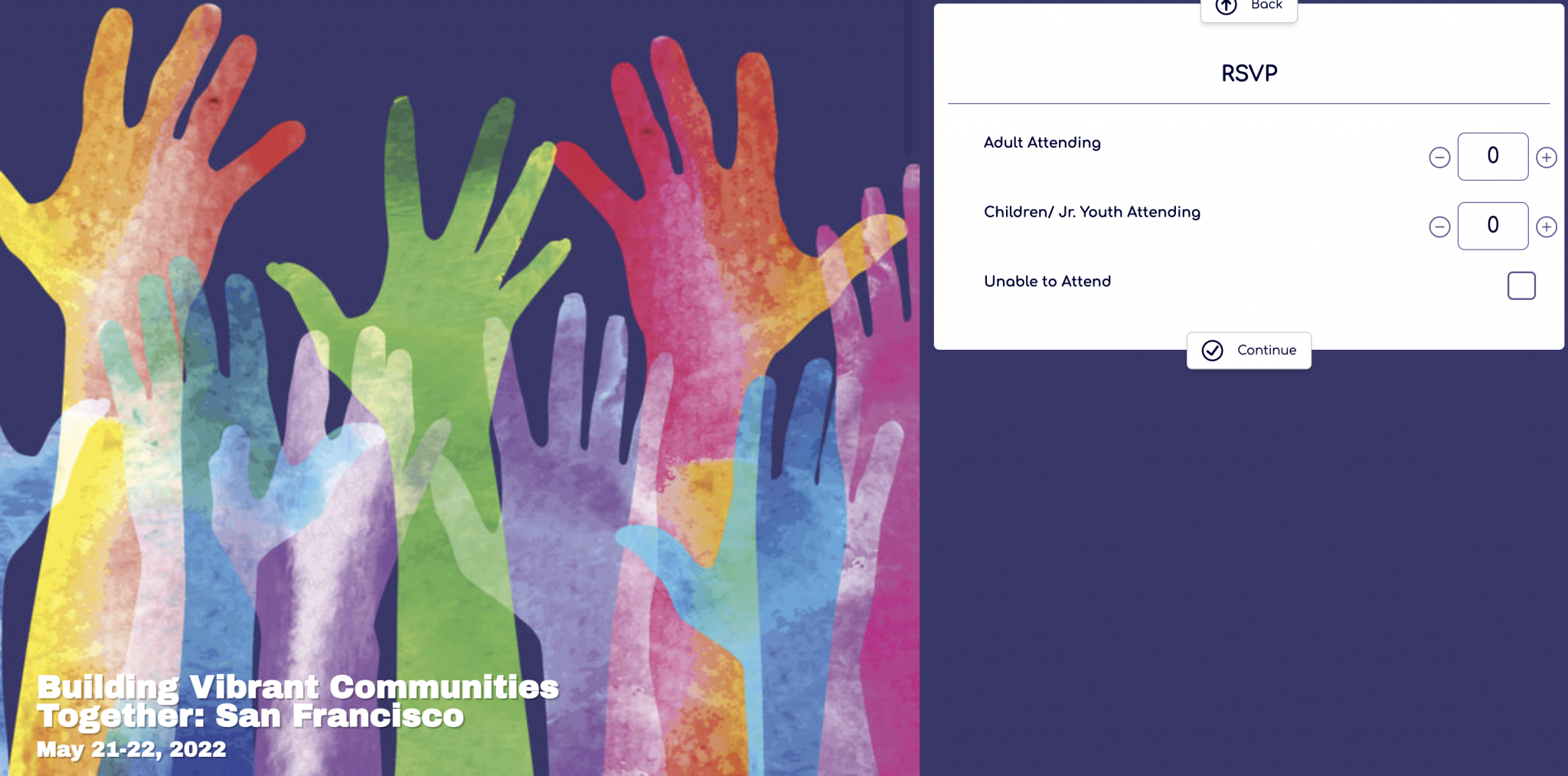The Bahá’í Faith, a holistic and dynamic religious doctrine, places significant emphasis on the importance of community. This intrinsic focus is not merely a peripheral concern but central to the teachings of Bahá’u’lláh, the founder of the faith. Delving deeper into the foundational principles articulates how the Bahá’í teachings advocate for the building of strong and vibrant communities that transcend ethnic, cultural, and socioeconomic divides.
At the heart of the Bahá’í Faith lies the belief in the oneness of humanity. This principle posits that all people, irrespective of their backgrounds, are part of a singular human family. The ramifications of this tenet are profound. It prompts adherents to actively foster environments of unity and collective prosperity. The Bahá’í teachings encourage deep interconnection, emphasizing that sustainable communities arise when individuals see beyond their immediate self-interests and prioritize a communal well-being.
Social cohesion serves as a cornerstone for the formation and maintenance of strong communities. The teachings advocate for the dissolution of prejudices, a salient issue that has historically fragmented societies. By promoting an inclusive ethos, Bahá’í communities endeavor to cultivate an atmosphere where diversity flourishes. Through collaborative gatherings, forums, and programs, Bahá’ís engage in constructive dialogue, facilitating deeper understanding and mutual respect among diverse groups.
Moreover, the Bahá’í emphasis on the importance of service encapsulates another vital avenue for community strengthening. Service to others is viewed not merely as an act of altruism, but as a spiritual imperative; every act of kindness strengthens the communal fabric. Bahá’ís are encouraged to participate in community service projects, supporting those in need, thereby creating a culture of compassion. This engagement often leads to the emergence of local initiatives aimed at addressing specific communal challenges. Such efforts in turn foster a sense of ownership and motivation among community members, further galvanizing unity.
Education, according to Bahá’í teachings, is paramount in steering societal progress. The principle of the oneness of humanity extends into the realm of education by advocating for equal access to educational opportunities for all. The Bahá’í community actively promotes educational initiatives that cater to the youth as well as adults, nurturing critical thinking and ethical reasoning. Such educational endeavors empower individuals, enhancing their ability to contribute positively to their communities.
Additionally, the concept of consultation is intrinsic to the Bahá’í approach to collective decision-making. It is considered a vital tool for fostering unity and attaining consensus. Bahá’u’lláh enjoined that the decisions made through the consultative process should be guided by collective reasoning rather than individual whims. This practice not only engenders equitable participation but also cultivates a profound respect for differing opinions, thus strengthening communal bonds.
The arts and culture also play an indispensable role in community-building within the Bahá’í paradigm. Engaging with artistic expressions—whether through music, literature, or visual arts—fosters a sense of shared identity and belonging. Community events that celebrate the arts provide platforms for showcasing local talent and stimulate cultural richness. This creative engagement serves as a conduit for expressing communal values and aspirations, further enriching the shared experience of community life.
The Bahá’í social teachings also advocate for the significance of justice and equity within communities. Establishing frameworks that promote fairness and mitigate inequalities is crucial in facilitating harmonious coexistence. Bahá’í communities strive to confront social injustices, both locally and globally, affirming that the advancement of civilization is contingent upon equitable practices. This effort extends to advocating for the rights of marginalized groups, ensuring their voices are amplified within community dialogues.
As communities evolve, the importance of resilience cannot be overstated. The Bahá’í teachings provide guidance on how to navigate the tumultuous waters of societal change. By fostering a spirit of cooperation and mutual support, Bahá’í communities can adapt more readily to new challenges. Embracing change with a collective mindset, rather than as isolated individuals, is essential for the sustainability of any community.
Another salient feature of building strong communities is the active role of spiritual development. The Bahá’í teachings emphasize that the health of a community is interlinked with the spiritual growth of its members. Holistic development fosters not only the intellectual capabilities of individuals but also cultivates moral and ethical dimensions essential for constructive community interactions. Regular spiritual gatherings, prayers, and reflections play an essential role in reinforcing this facet.
Ultimately, the goal of building strong Bahá’í communities transcends mere social interaction. It aspires to fulfill the higher purpose of fostering environments where spiritual and moral virtues flourish. By anchoring on unity, service, education, consultation, artistic expression, justice, resilience, and spiritual development, Bahá’í communities stand as exemplars of cooperative existence. This vision, grounded in the teachings of Bahá’u’lláh, not only enhances community cohesion but also contributes to the universal advance of civilization.
In conclusion, the Bahá’í focus on community building encapsulates a multidimensional approach that is infused with spiritual significance. The endeavor to create strong, vibrant communities is not merely a noble aspiration but a prerequisite for the flourishing of humanity as a whole. Through a concerted commitment to their ideals, Bahá’ís demonstrate the possibility of unified and diverse societies coalescing around principles of love, compassion, and collective action.
